In the year of Mau Than (1908), the whole province of Phu Yen and the Central region were shaken by the anti-tax struggle of the people from all walks of life. Tham Tran Nguyen Huu Duc, one of the key leaders of the anti-tax movement in 1908 in Phu Yen, left behind an example of sacrifice for the benefit of the people.
Join the Can Vuong movement
Nguyen Huu Duc, also known as Nguyen Huu Khue, was born in 1857 in a Confucian family in Phu Hiep village, Hoa Da commune, Tuy Hoa district, now Phu Hoa quarter, Hoa Hiep Trung ward, Dong Hoa town. During his youth, Nguyen Huu Duc was sent to Binh Dinh to study. At the age of 17, he passed the exam. Later, due to difficult family circumstances, he could not continue his studies, returned to his hometown to farm and take care of his elderly parents.
In 1885, after the fall of Hue, King Ham Nghi issued the Can Vuong proclamation calling on the people of the whole country to help the king fight the enemy. He responded to the movement, held the position of Tham Tran, and oversaw military affairs in Hoa Da commune. Therefore, people in the area often called him Tham Tran Hoa Da. The insurgent army led by Nguyen Huu Duc caused the French army and the Southern Dynasty's lackeys many hardships with famous battles in the Ba River basin. Later, due to the difference in forces, the Can Vuong insurgent army withdrew to the mountains, some disbanded to wait for an opportunity.
After the Can Vuong movement failed, Nguyen Huu Duc was arrested by the French government. After his release from prison, he returned to his hometown, harboring great ambitions, so he often interacted with patriots in the province and intellectuals in Binh Dinh and Khanh Hoa provinces, waiting for the opportunity to join revolutionary organizations.
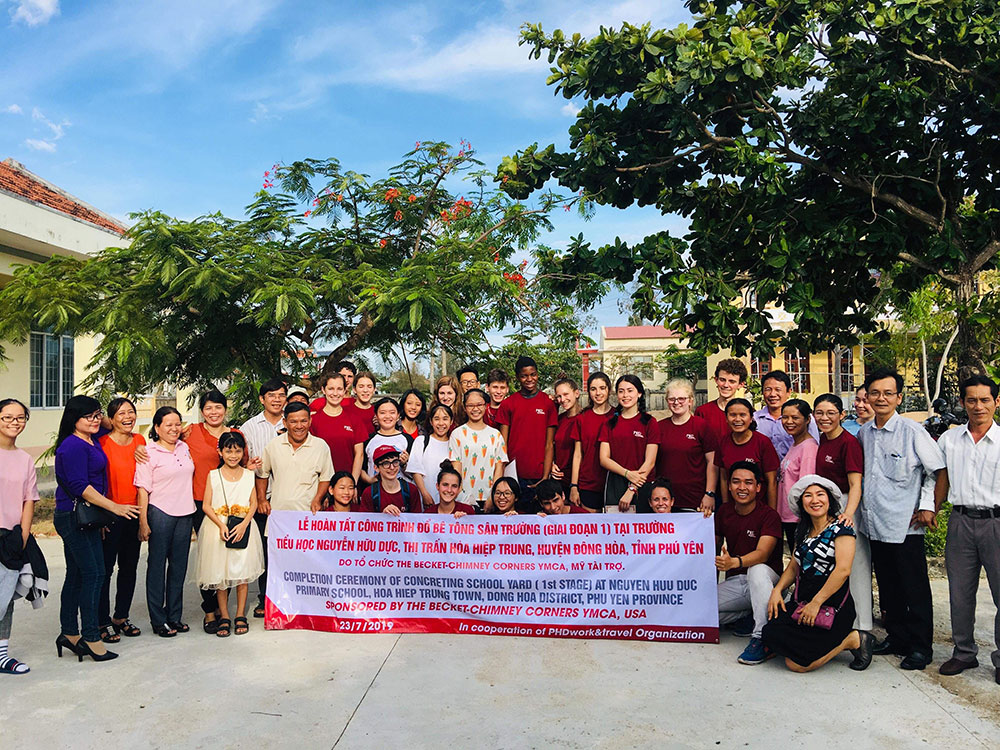 |
| Teachers and students of Nguyen Huu Duc Primary School (Phu Hoa Quarter, Hoa Hiep Trung Ward, Dong Hoa Town) on the happy day of completing the concrete pouring of the school yard. Photo: Contributor |
Leadership and sacrifice in the anti-tax movement
In 1908, the hair cutting movement to protest tax collection was launched by Phan Chu Trinh, Tran Quy Cap, and Huynh Thuc Khang in Quang Nam, Quang Ngai, and Binh Dinh, then spread to Phu Yen. Nguyen Huu Duc was assigned to organize and lead the hair cutting movement to protest tax collection in Phu Yen.
After receiving the assignment, Nguyen Huu Duc established organizations throughout the districts and prefectures in the province, calling on the people to participate. By April 14 (lunar calendar) in 1908, the demonstration began to spread throughout Phu Yen province. The hair cutting and tax reduction movement in Tuy Hoa prefecture was led by Nguyen Huu Duc, Nguyen Tan Thao, Le Hanh, and Tran Don, who planned to respond to the movement spreading from the northern provinces. In the perception of Tuy Hoa scholars at that time, when the colonial government had stabilized the governing apparatus, the Can Vuong movements and the Vo Tru uprising were successively suppressed, signaling that the armed anti-French flag led by the feudal class had failed and fallen into a deadlock, launching an anti-French movement among the masses through peaceful, non-violent means was appropriate. Therefore, the anti-tax movement in Tuy Hoa and the whole Phu Yen province took place in mid-May 1908 in the form of submitting petitions and presenting wishes peacefully, without violence like in the provinces of Nam - Ngai, which was most suitable. In the report of the Department of Political Affairs of the Governor-General of Indochina on "Disorders in Central Vietnam, May 1908, mentioned the peaceful nature of the anti-tax demonstrations in Tuy Hoa: The demonstrations here seemed to be similar to those that took place in other places, the crowd protested peacefully around the government office".
First, they mobilized the people of the three Tuy Hoa prefectures (Hoa Da, Hoa Lac and Hoa Loc) to cut their hair and wear ragged clothes. Wherever they went, they called on men to cut their hair short and join the tax collection movement. The protest group grew larger and larger, and marched down to Tuy Hoa prefecture located in Dong Phuoc village, Hoa An commune, Phu Hoa district today. That evening, the chief of Hoa Binh prefecture named Hon secretly reported to the Tuy Hoa prefect, then reported to the Song Cau embassy. Therefore, when the people arrived at the prefecture, the prefect had already fled and the prefecture's doors were tightly closed.
The demonstrators, under the guidance of Nguyen Huu Duc, continued to Song Cau to submit their demands for tax and collection reduction to the colonial government. When they reached Tram Ganh in Phu Tan village, Tuy An district, the demonstrators met the leader Legot leading a group of soldiers from Song Cau to stop the demonstrators. The French soldiers saw that there were too many protesters, so they spread out and fired into the air. Nguyen Huu Duc immediately ran over, hugged the French commander around the waist, and said loudly: "Your Excellency, the people are poor and hungry, so they come to beg for taxes, not to be a bandit or a traitor, why shoot?" The French commander thought he was trying to snatch the gun, so he pushed the butt of the gun back, unfortunately hitting him in the chest, causing him to fall down and die instantly. Immediately, the soldiers were ordered to open fire on the demonstrators. Many people were hit by bullets, dead and injured. The demonstrators were in chaos but did not falter. A contemporary song recorded this event:
Pull out just to Ganh Station
The second officer raised his gun and shot the first man.
Ask why not avoid quickly,
The two officials do not know what will happen next.
Brothers panicked and confused.
Soul lost, limbs limp
………………………………
Saw people with hair cut come in
Mr. Mot raised his gun and shot into the crowd.
Ten parts sympathy for Tham town
Stand up and bow to your body.
After that, the leaders of the tax collection and anti-tax movement continued to gather the people to march to Song Cau, they carried his body and other corpses with them. When they reached Tam Giang bridge, the French prevented them from entering the provincial capital and brutally terrorized them, the protest disbanded. The movement leaders and the people had to bring his body back and bury it at Doc Gang Pass. Three years later, his descendants exhumed it and brought it back to his hometown Phu Hiep for burial.
Nguyen Huu Duc - the leader of the anti-tax movement in Phu Yen in 1908 devoted his whole life to the interests of the people. He set an example of sacrifice, accepted imprisonment, did not submit to the enemy, and was always a pioneer in the fight for the rights of the people. His sacrifice has made the descendants today admire him. Admiring the example of sacrificing himself for the interests of the people, in 2011, his grave was recognized by the Provincial People's Committee as a historical relic to serve as a place to educate the younger generation. In his hometown Phu Hoa, a primary school named Nguyen Huu Duc was established, reminding generations not to forget the merits of their predecessors who sacrificed for the country.
| In 2011, Nguyen Huu Duc's grave was recognized by the Provincial People's Committee as a historical site to serve as a place to educate the younger generation about traditions. In his hometown Phu Hoa, a primary school named after Nguyen Huu Duc was established, reminding generations not to forget the merits of their predecessors who sacrificed for the country. |
TS DAO NHAT KIM
Source link


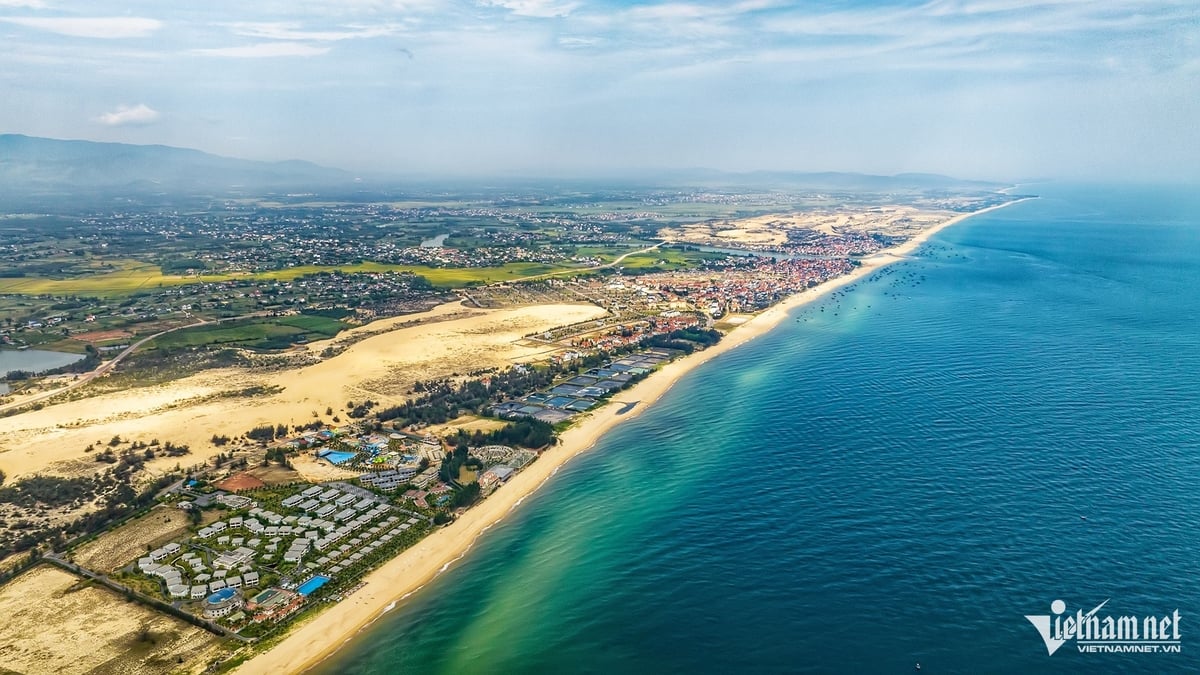

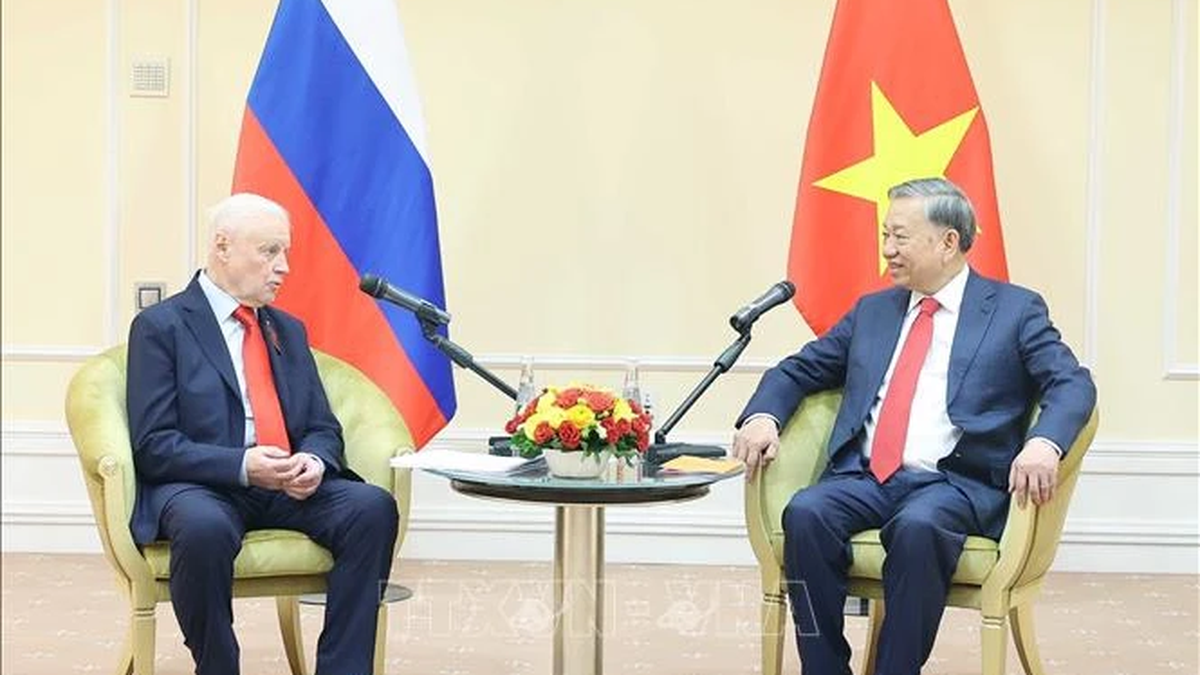
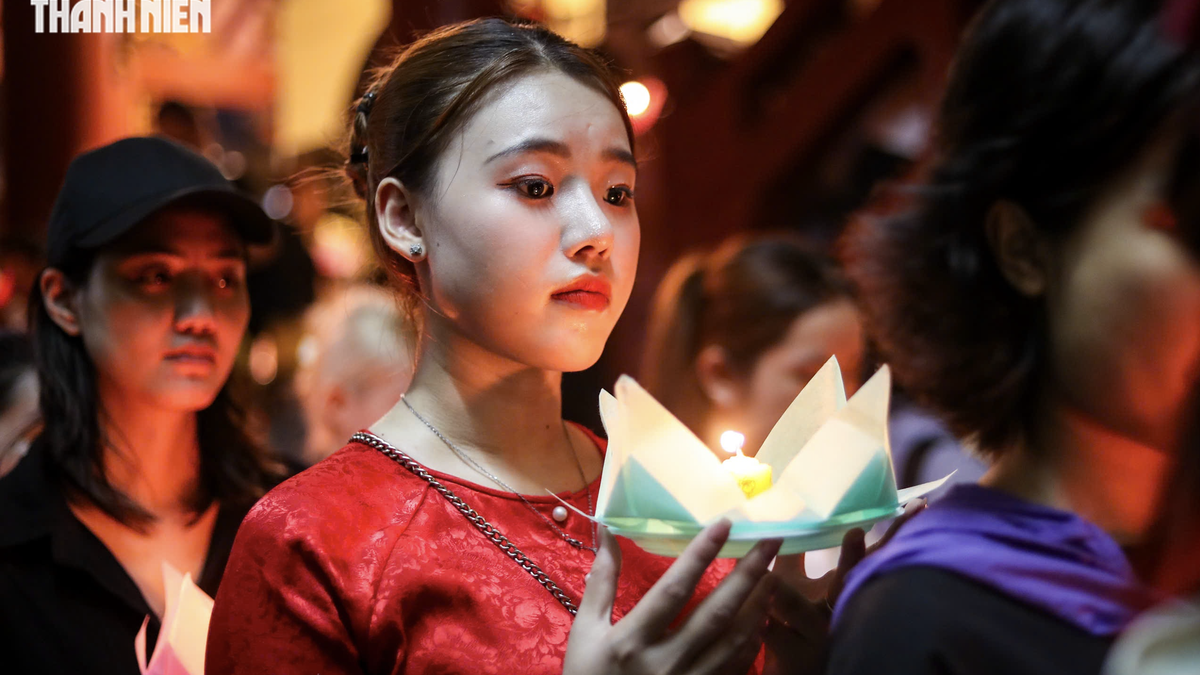
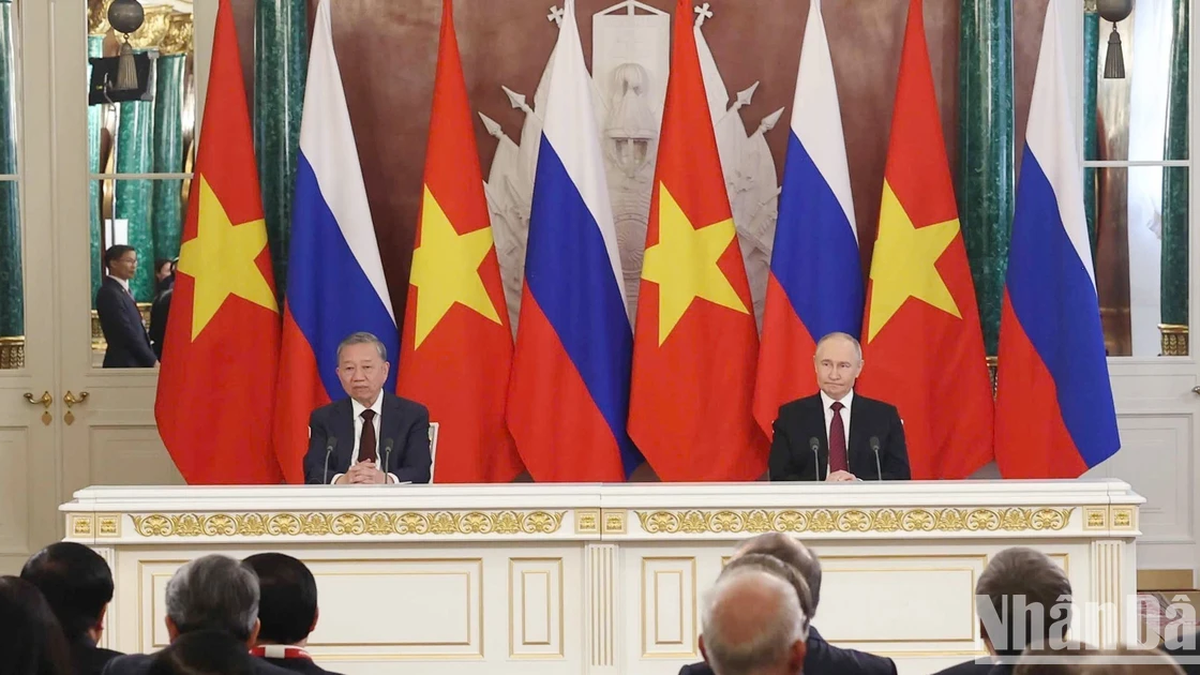
![[Photo] Prime Minister Pham Minh Chinh chairs Government Standing Committee meeting on Gia Binh airport project](https://vphoto.vietnam.vn/thumb/1200x675/vietnam/resource/IMAGE/2025/5/10/6d3bef55258d417b9bca53fbefd4aeee)


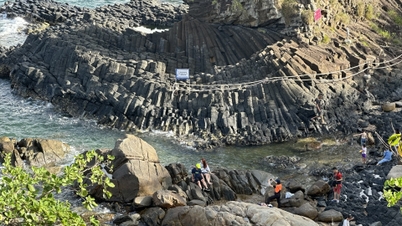
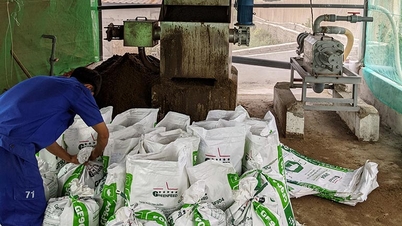


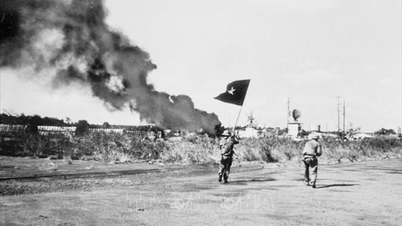
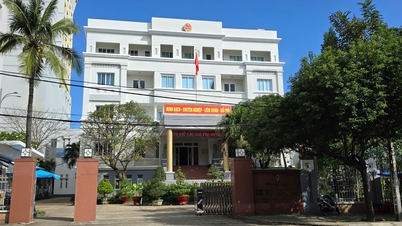


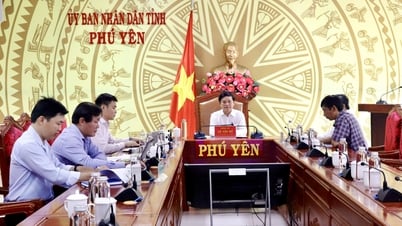

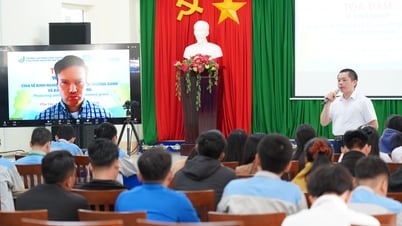





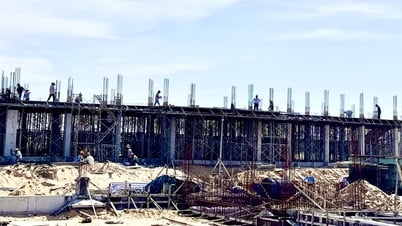

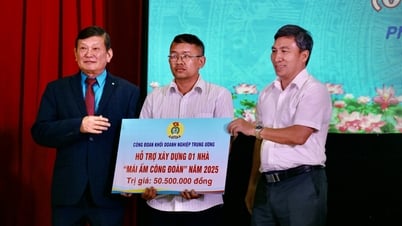
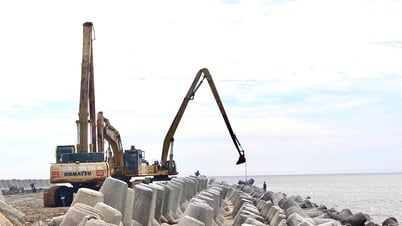
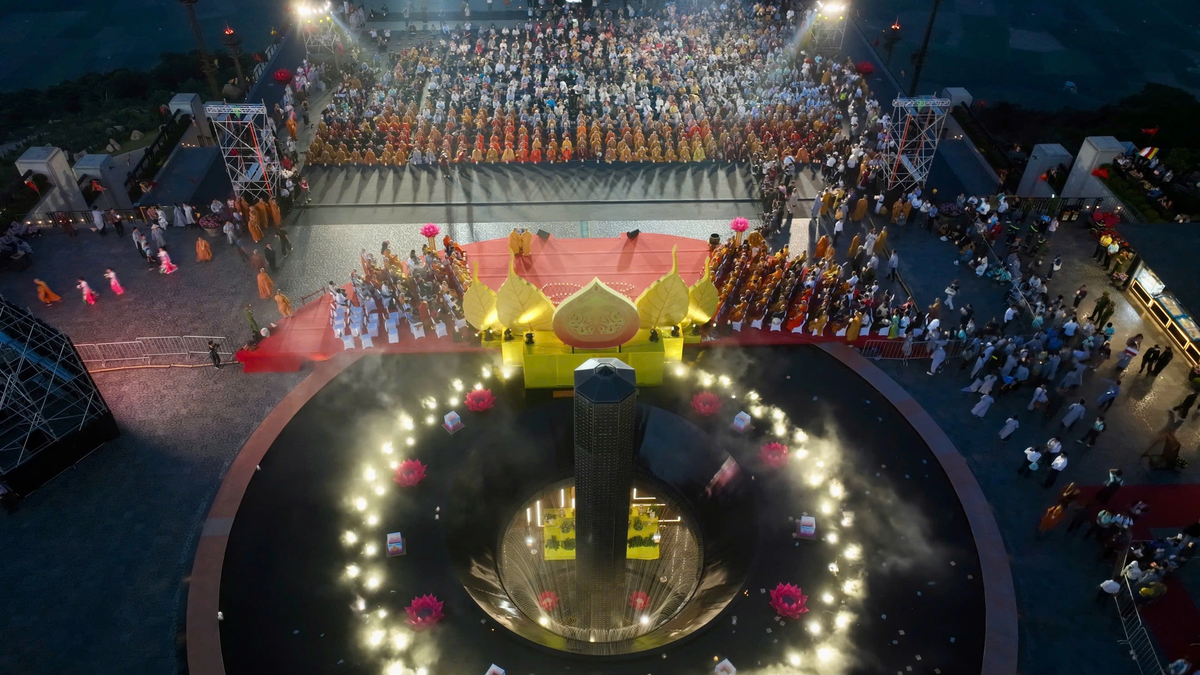



































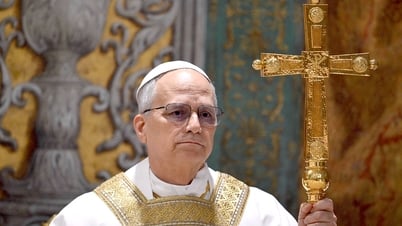
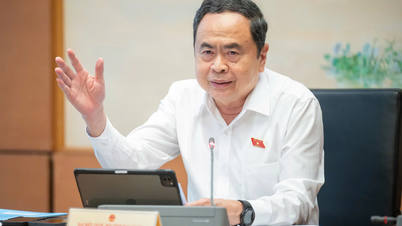
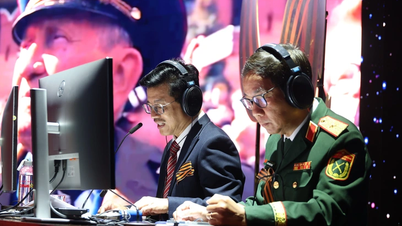









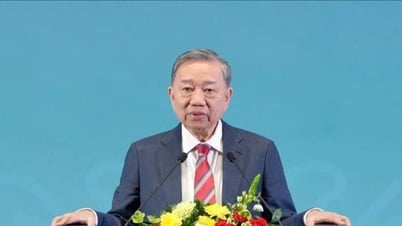



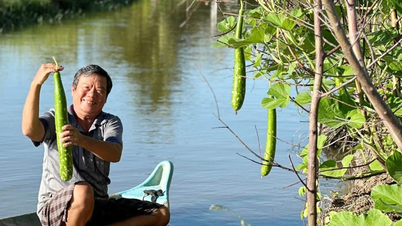















Comment (0)